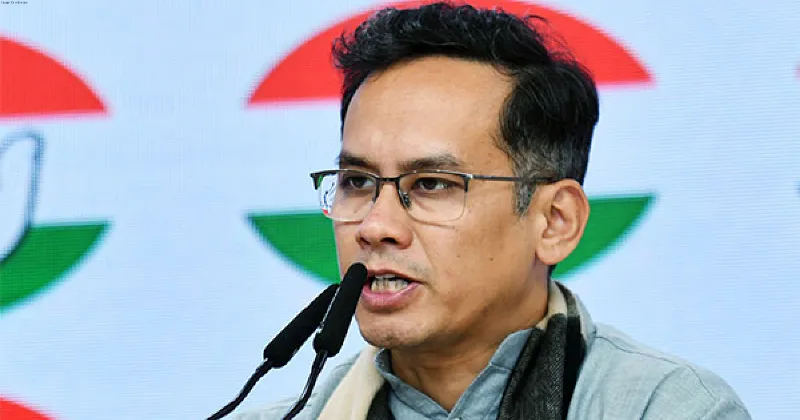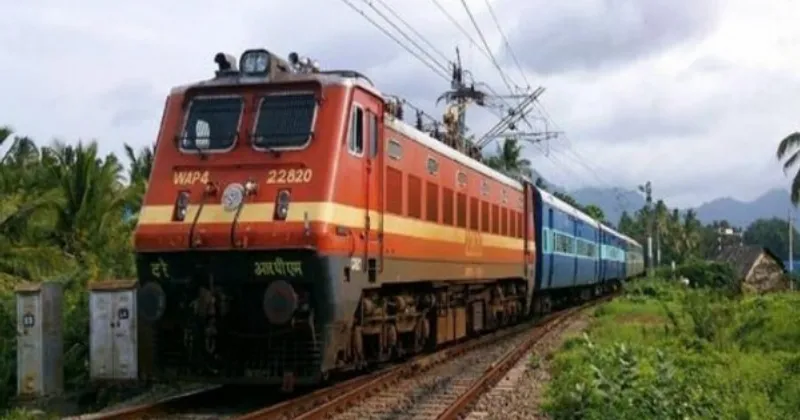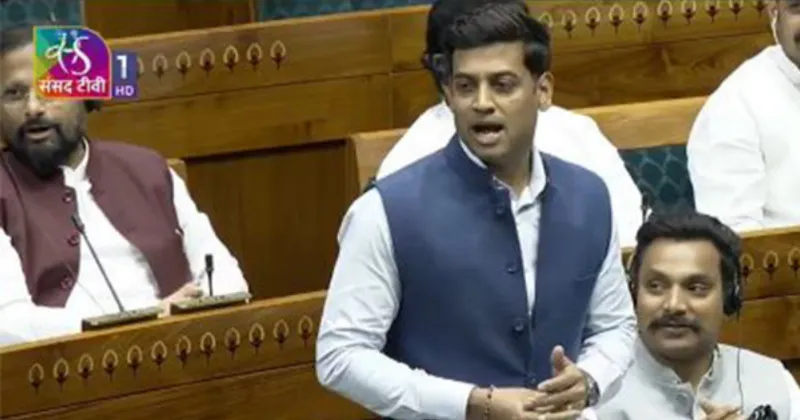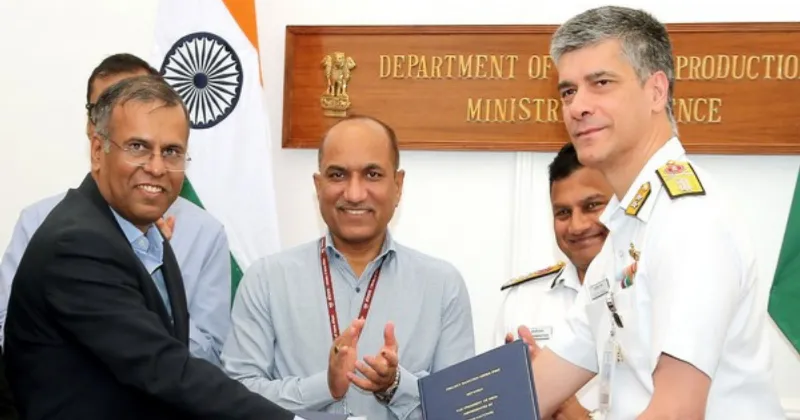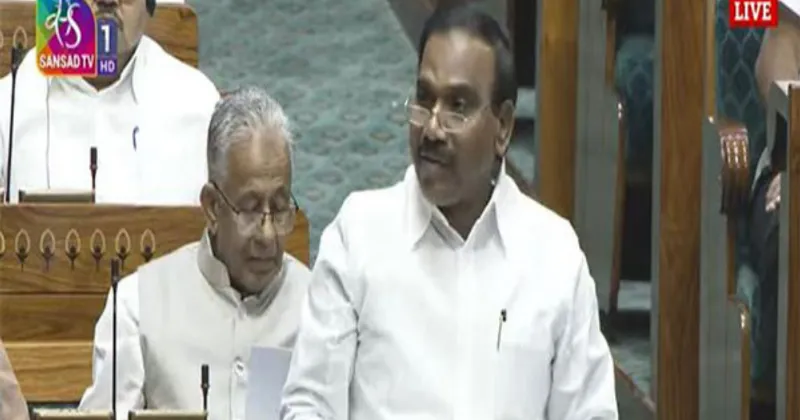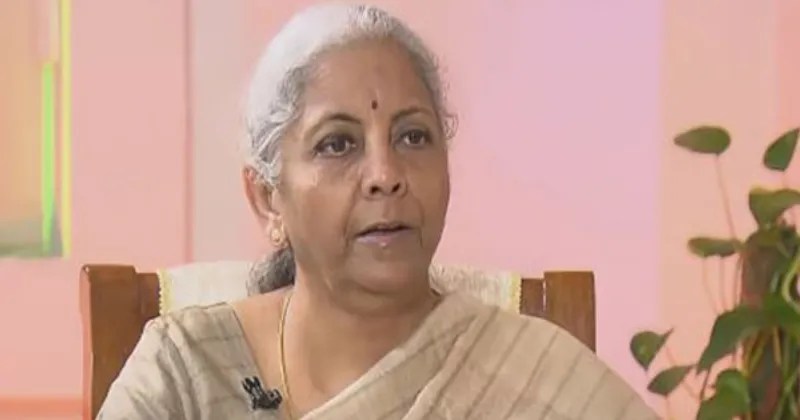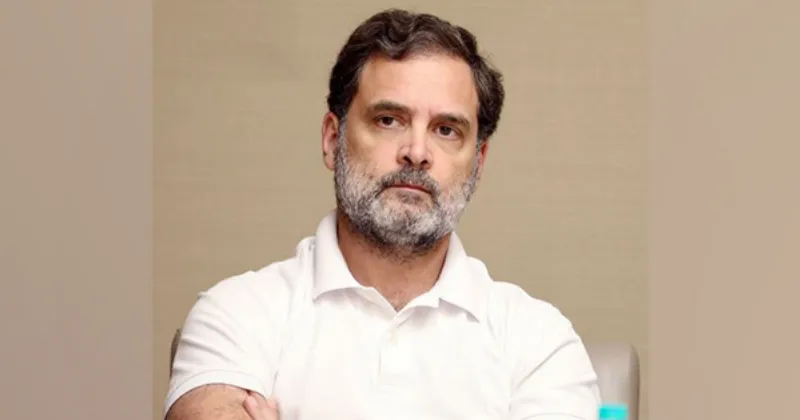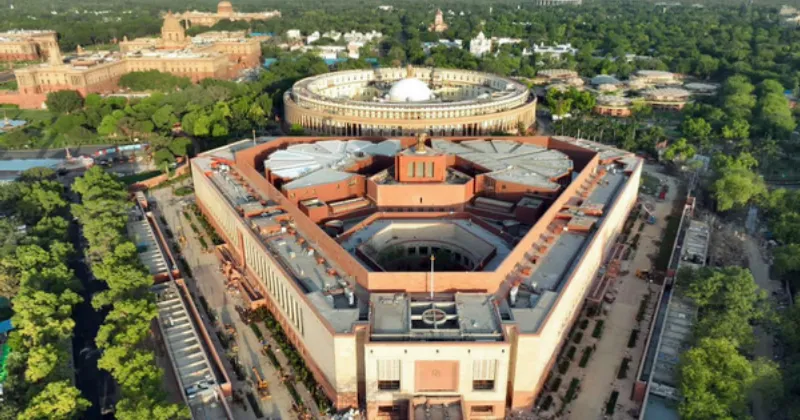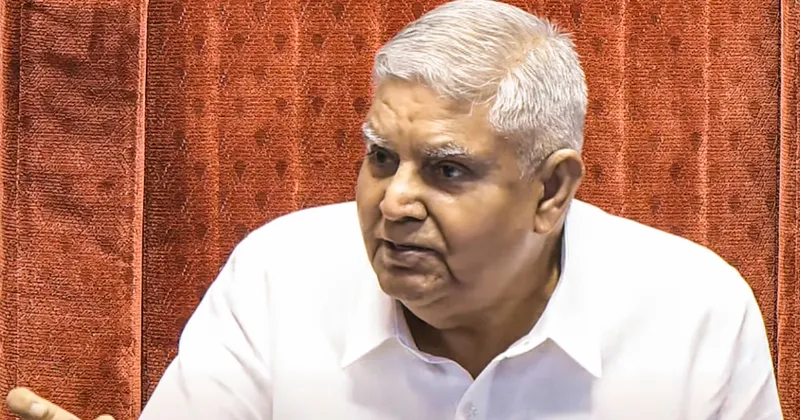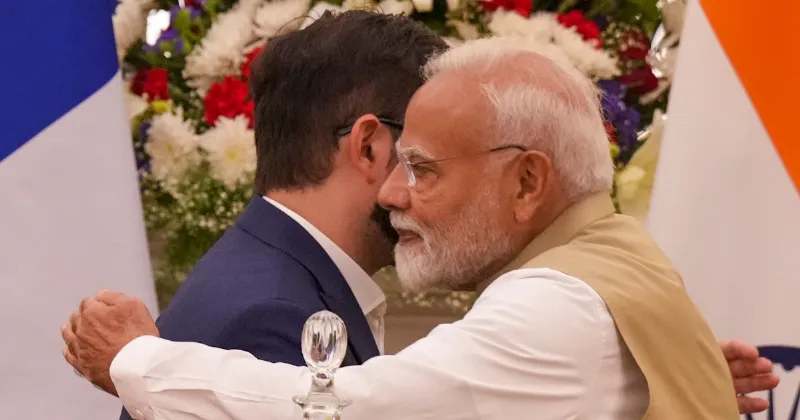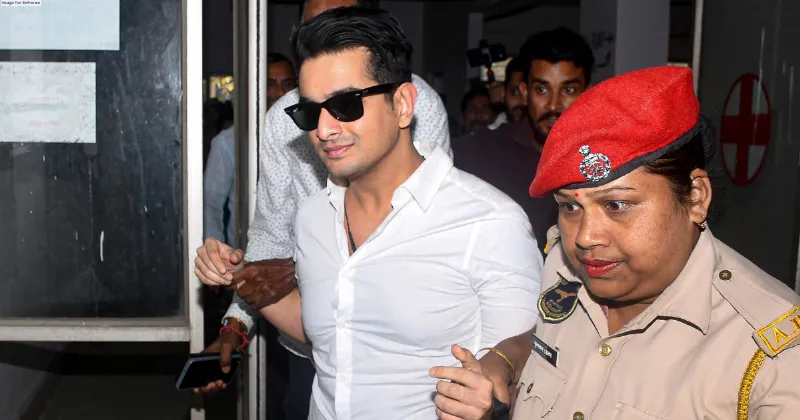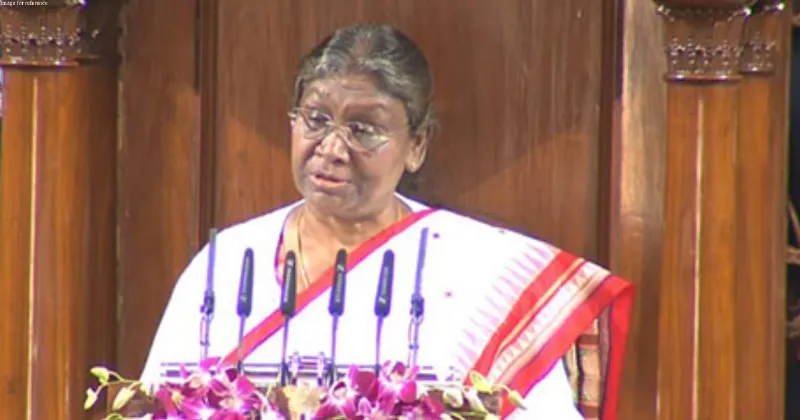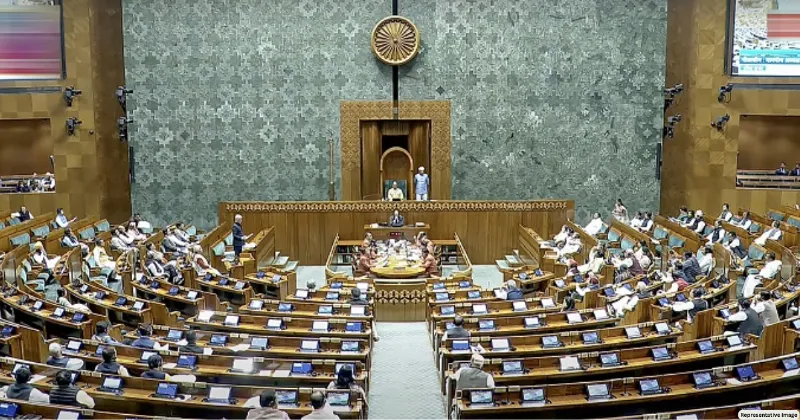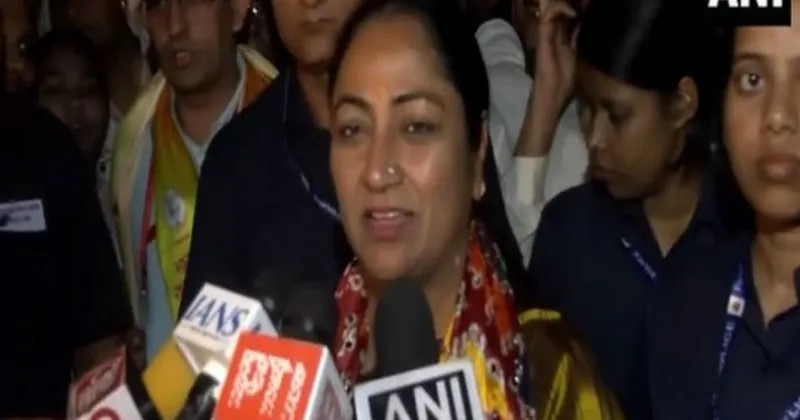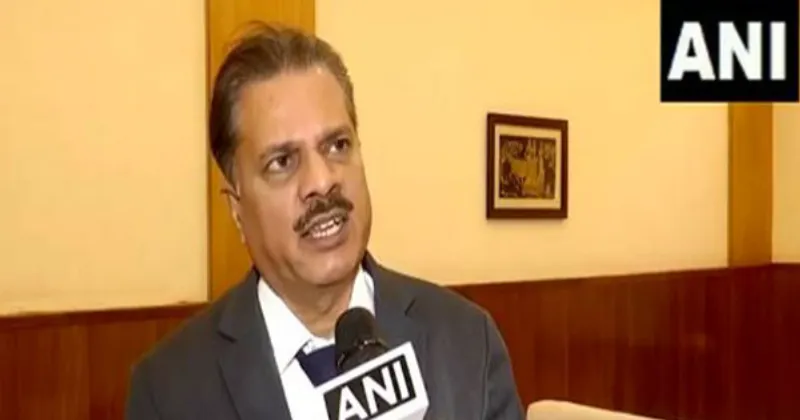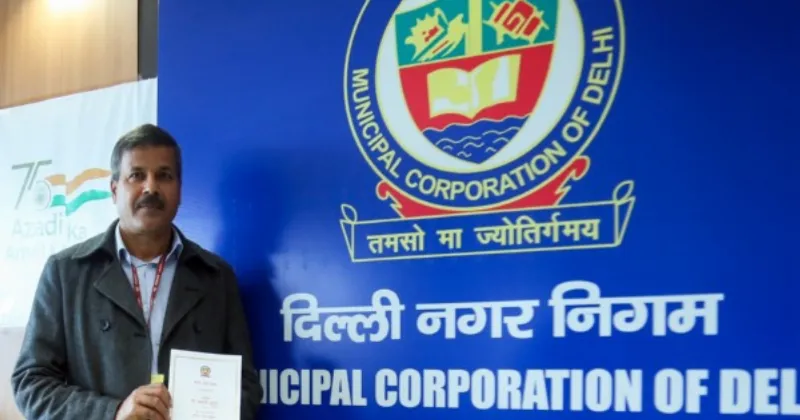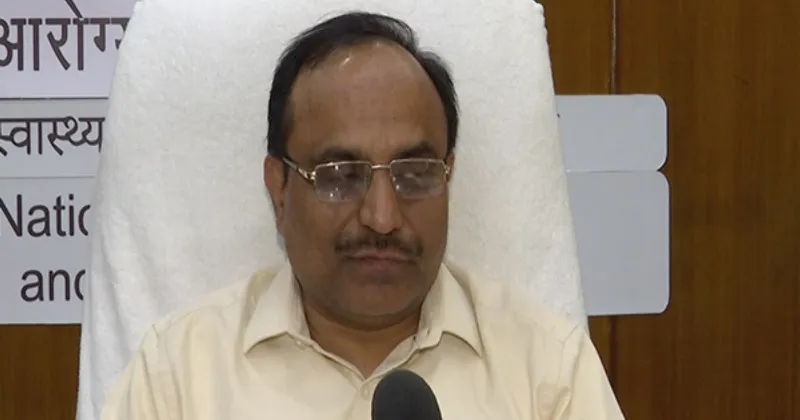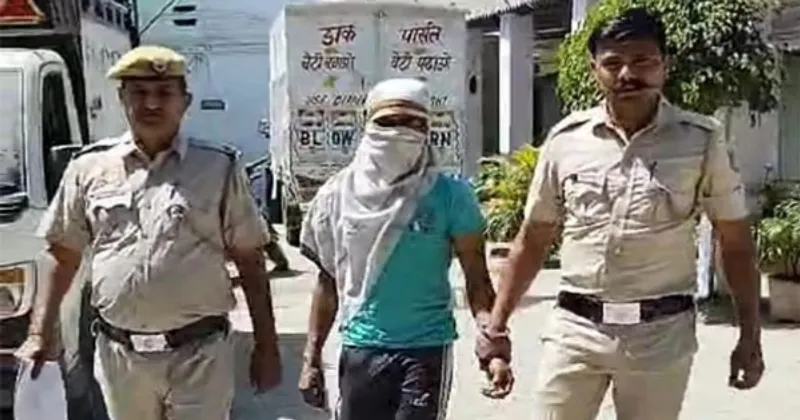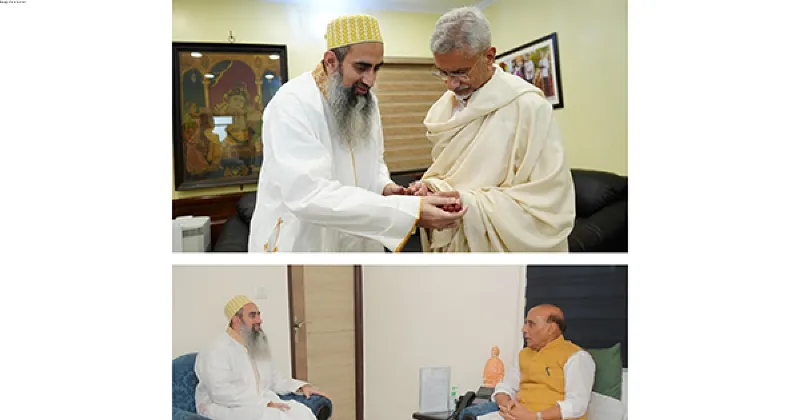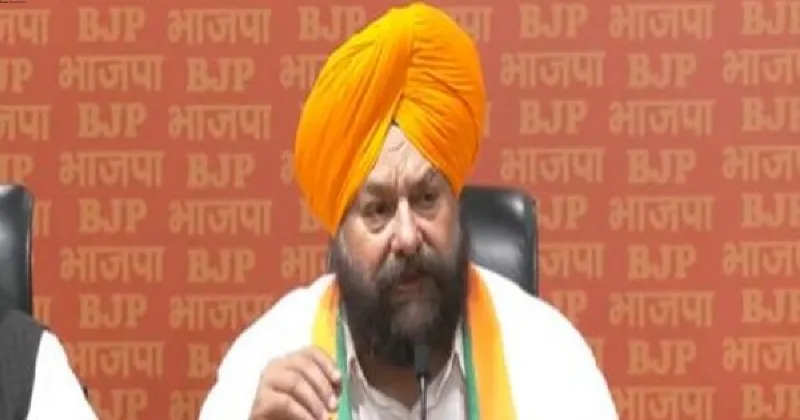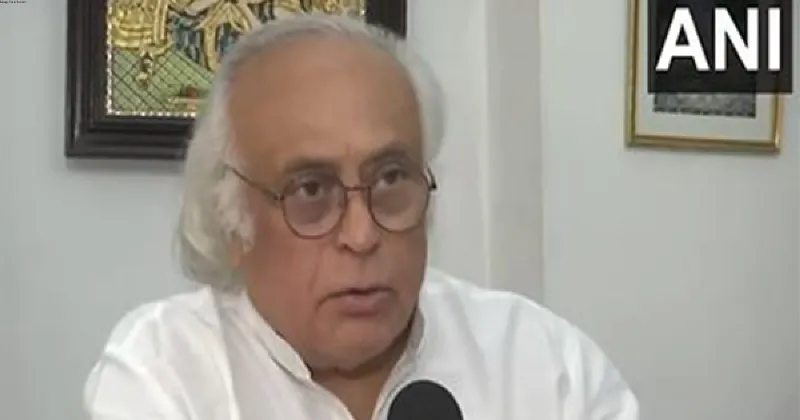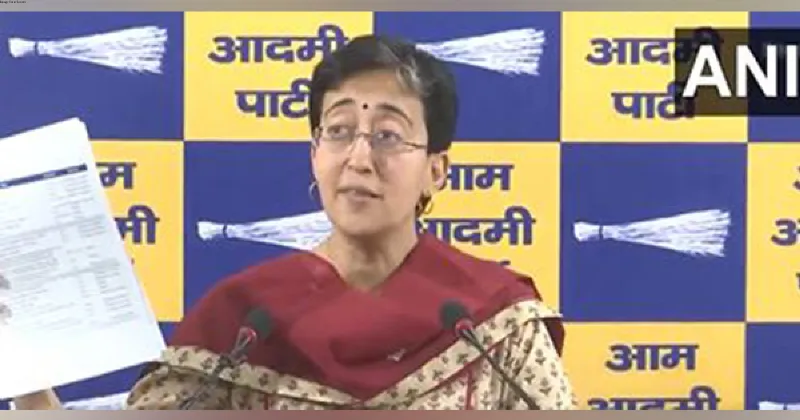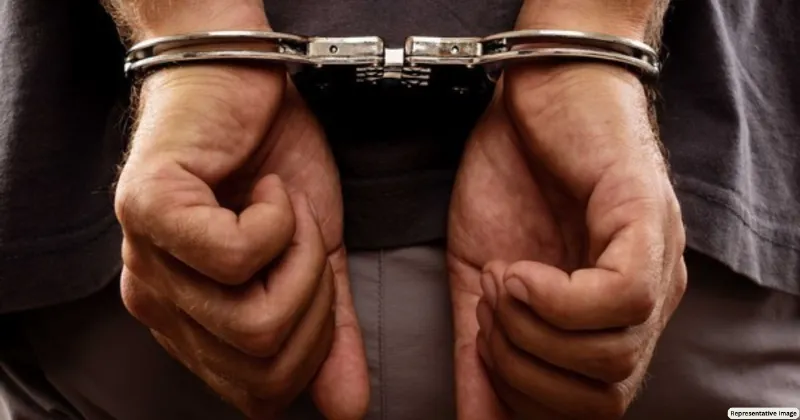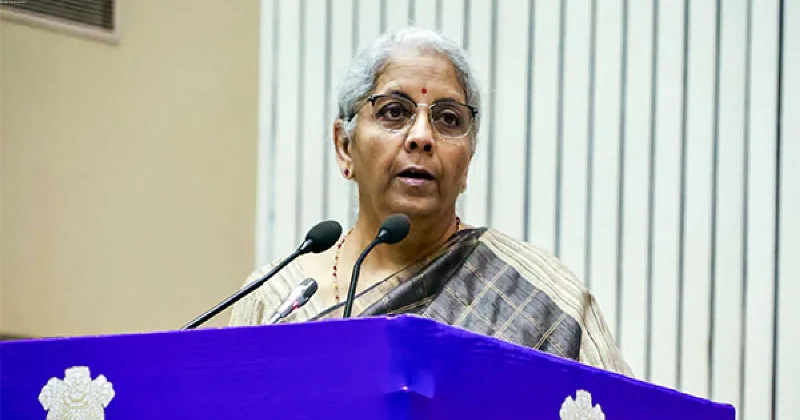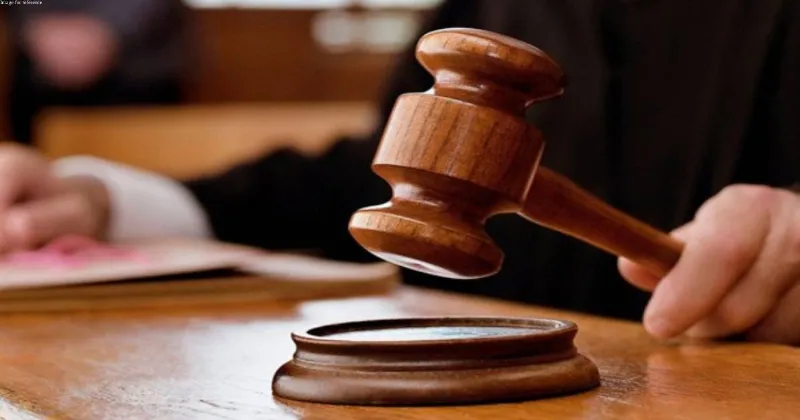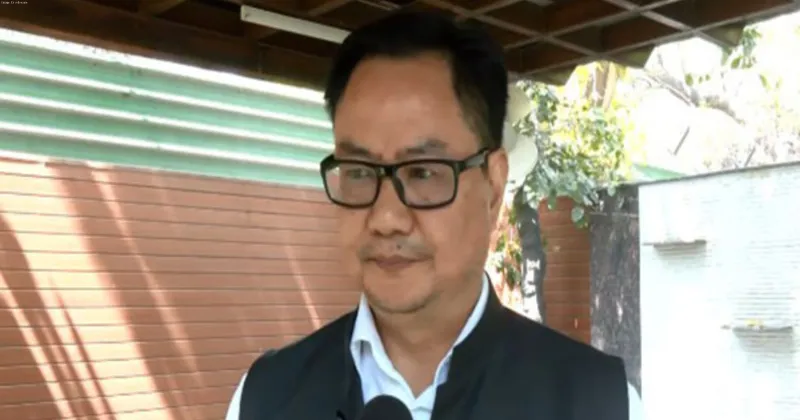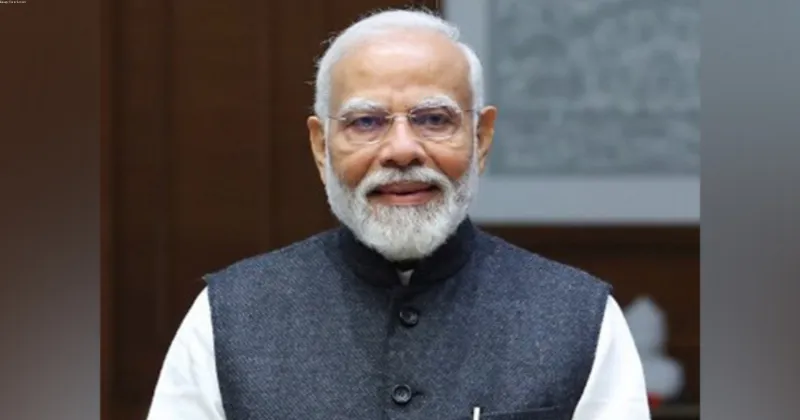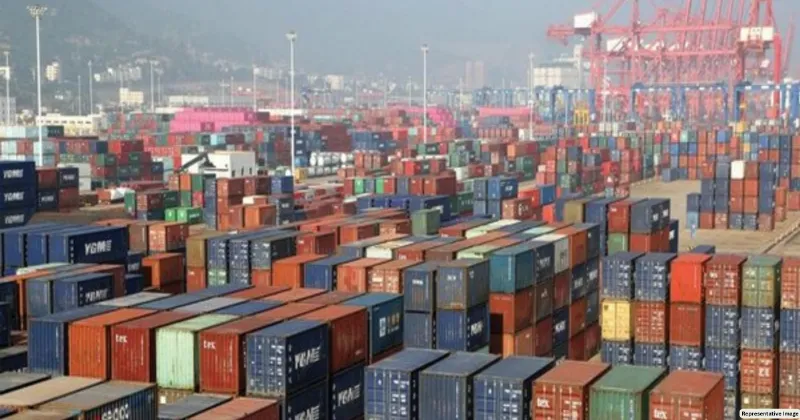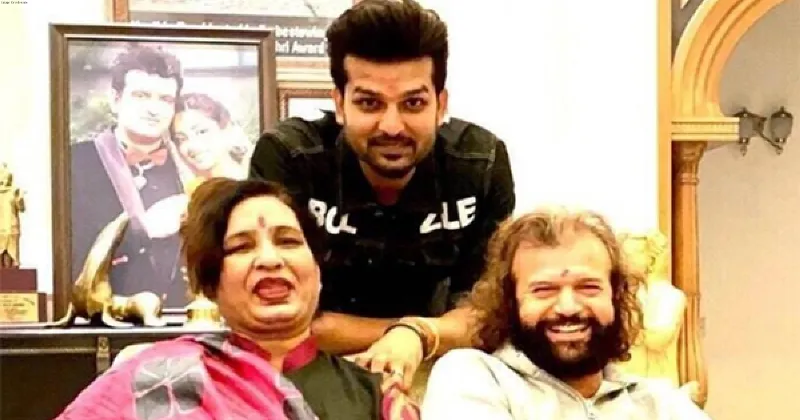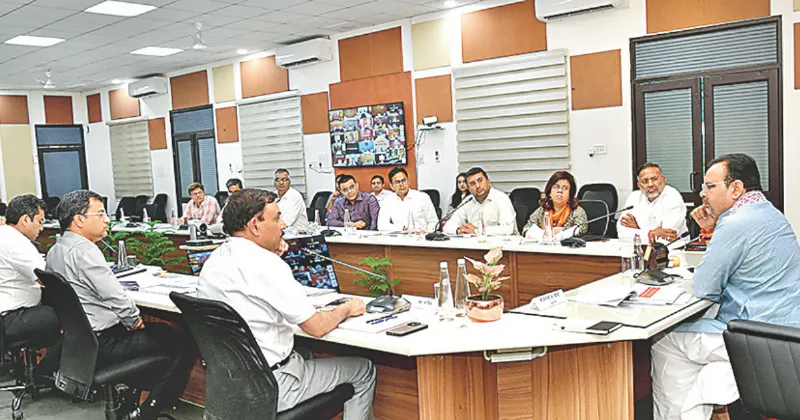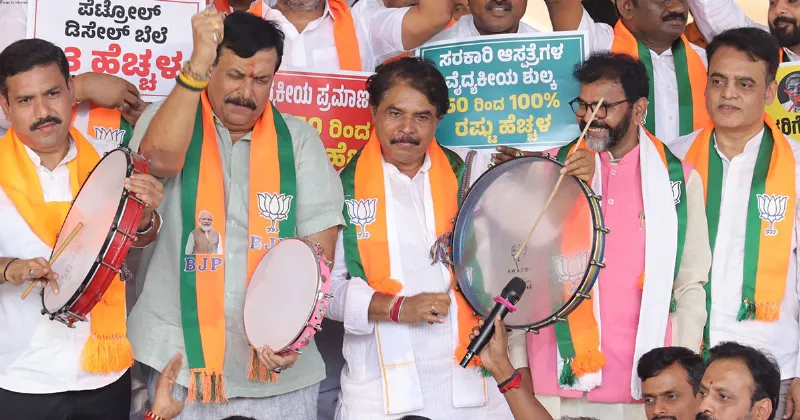New Delhi: The Enforcement Directorate (ED) on Friday filed a supplementary chargesheet (prosecution complaint) against naming Delhi Chief Minister Arvind Kejriwal and the Aam Aadmi Party (AAP) as accused in connection with a money laundering case related to the Excise Policy case.
The ED officials, along with Special Public Prosecutor (SPP) Naveen Kumar Matta, filed the chargesheet at the Rouse Avenue Court in Delhi.
Last week, the Enforcement Directorate, during the hearing of Manish Sisodia's bail in the Delhi High Court, informed that the Aam Aadmi Party will also be made accused in the case and supplementary chargesheet.
The Special Judge, Kaveri Baweja, is to take up the matter tomorrow (Saturday).
Recently, the Enforcement Directorate (ED) told the Supreme Court that the Aam Aadmi Party (AAP) will be made co-accused in the money laundering case linked to the Delhi excise policy case.
Appearing before a bench of Justices Sanjiv Khanna and Dipankar Datta, Additional Solicitor General SV Raju, for the ED, said a complaint against AAP is in the pipeline and there is direct evidence of its national convenor and Delhi Chief Minister Arvind Kejriwal demanding Rs 100 crore as kickbacks in the case.
Raju said there is evidence that Kejriwal demanded a bribe of Rs 100 crore, which went to the AAP for Goa election expenses.
The ASG further contended that, apart from vicarious liability as the head of the AAP, Kejriwal is also directly liable as the person who played a key role in formulating the excise policy. He said there was evidence to show that Kejriwal's stay in a seven-star hotel in Goa was partly funded by an accused.
The bench asked the ED whether the investigating officer could ignore exculpatory materials while exercising the powers of arrest.
The question was asked as Kejriwal's counsel had earlier claimed that there were several witness statements exculpating him, which were ignored by the ED and that the officers cherry-picked incriminating materials to arrest him.
On May 10, the top court granted Kejriwal interim bail till June 1 in the money laundering case registered by the ED in connection with the Delhi excise policy. However, it ordered that Kejriwal shall not visit the Office of the Chief Minister and the Delhi Secretariat.
The bench had asked Kejriwal to surrender on June 2.
The apex court was hearing Kejriwal's appeal against a Delhi High Court judgement which dismissed his plea against arrest by the ED and his subsequent remand in the excise policy case.
Kejriwal, while filing an appeal in the apex court had contended that his arrest after the announcement of the General Elections was "motivated by extraneous considerations."
On April 9, the High Court had dismissed his plea for release from jail and rejected his argument of political vendetta amid the looming Lok Sabha elections.
The High Court had said that Kejriwal's absence from nine ED summons over six months undermined any claims of special privilege as Chief Minister, suggesting his arrest was an inevitable consequence of his non-cooperation.
Kejriwal was arrested by the ED on March 21 in connection with a money laundering probe relating to alleged irregularities in the now-cancelled Delhi excise policy 2021-22.


.jpg)

